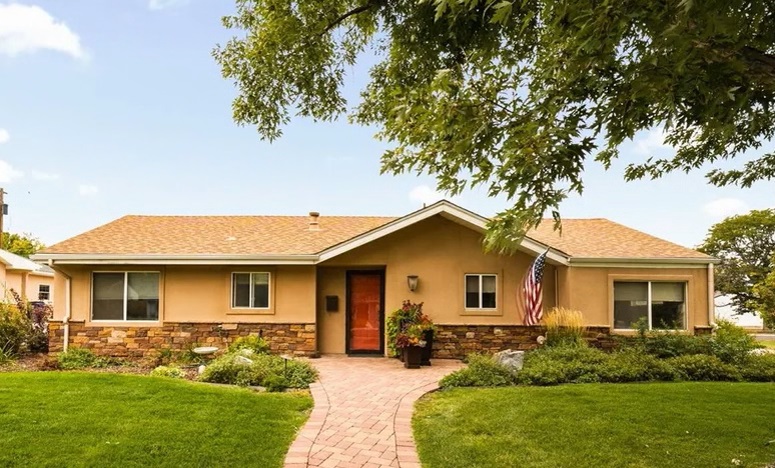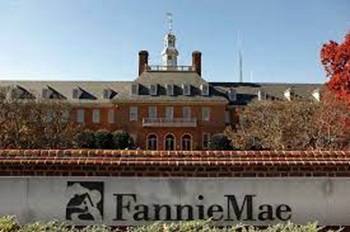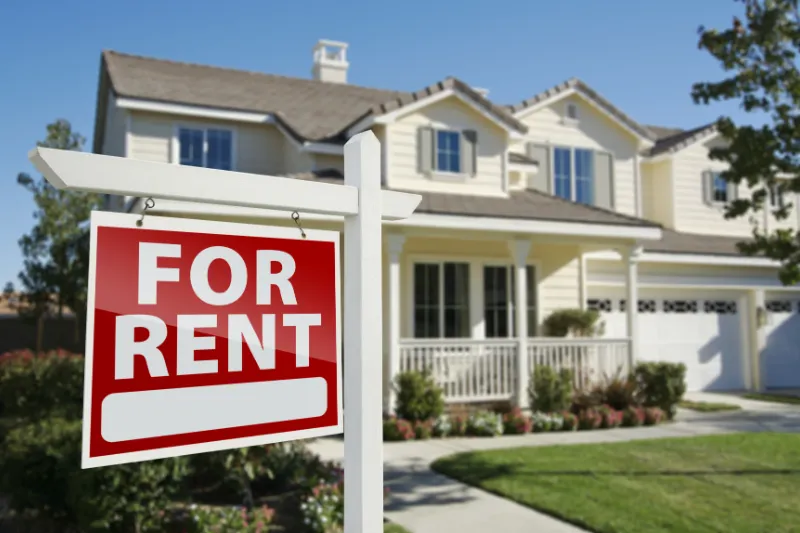This week I want to highlight another incredible buyer opportunity listed by Cannon Collective's Broker/Owner…
Can I pass my home to my heir(s) with a Reverse Mortgage?
Can I pass my home to my heir(s) with a Reverse Mortgage?
So, can you? YES!
When passing a home onto the heirs, there are no major differences or disadvantages between a traditional mortgage versus a reverse mortgage. Meaning, the homeowners who have a reverse mortgage can still pass their home onto the heirs with a reverse mortgage. This is actually the #1 misconception about reverse mortgages. The biggest difference or disadvantage is that the heirs must decide if they want to keep the home or sell the home and pay off the reverse mortgage within 12 months (6 months plus 2 ninety-day extensions) of mom and dad permanently leaving their home. With a traditional mortgage, there is no real timeframe that the mortgage needs to pay off, as long as the heirs are paying the mortgage and property taxes and insurance, etc. So again, the reverse mortgage has a 12-month window that the heirs are required to pay off the reverse mortgage…but the flip side is the heirs are not required to make any monthly mortgage payments during this time.
If the home value is greater than the reverse mortgage balance, the heirs can sell the home, pay off the reverse mortgage, and keep the remaining equity/ proceeds, just like if it was a traditional mortgage. The heirs can also keep the home and payoff the reverse mortgage balance with cash or by getting their own mortgage.
However, if the reverse mortgage balance ends up being greater than the value of the home, the heirs would not be financially responsible for anything. The heirs can either turn the keys over to the lender and do a deed in lieu of foreclosure or they can contact a local Realtor and do what is called a short sale. This means they would sell the home for market value and the entire mortgage balance goes away (even the amount owed that was above the value of the home) and the heirs would have no financial liability or debt. The reason this is the case is that reverse mortgages are non-recourse mortgages and the homeowners, and the heirs do not have any financial liability for the reverse mortgage. Additionally, if the heirs want to keep the home and the mortgage balance is greater than the value of the home, the heirs can effectively buy the house at 95% of fair market value and the entire reverse mortgage goes away. In my opinion, this could actually be considered a windfall for the heirs! Imagine, mom and dad got to use $1M of equity on a home that was only worth $800K when they passed away. The heirs can keep the house by paying $760K and the $1M reverse mortgage would be paid in full.
As a side note, the irony is that 99% of seniors want to pass their home onto their kids and 99% of kids don’t want their parents’ home. So, 99% of the time, the kids that inherit their parents’ home, sell the home and pay off the mortgage. With this being said, it is likely the heirs might inherit less equity, but it is also possible that they could inherit more cash instead someday when the reverse mortgage is used strategically.




